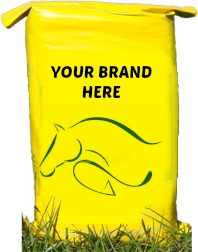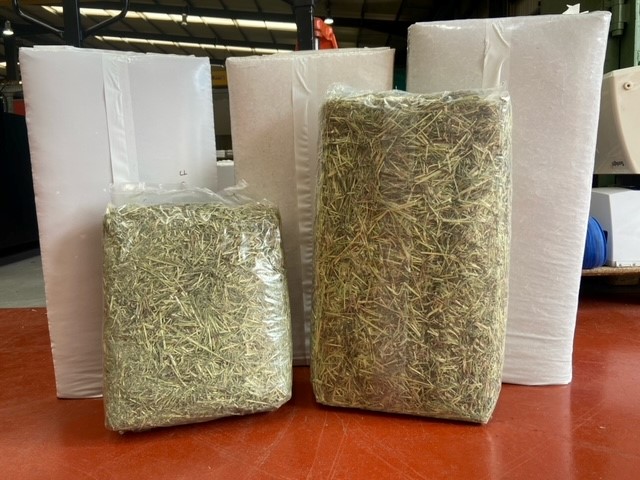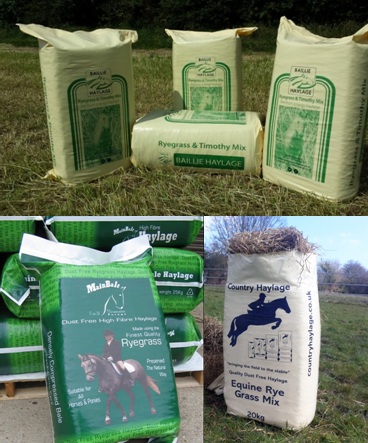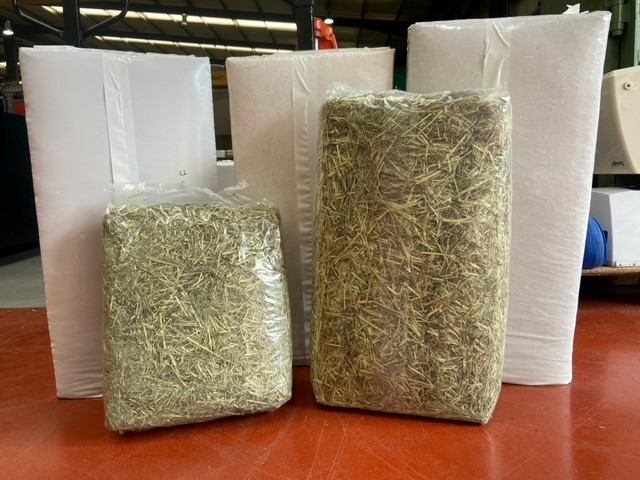
Rebaling – why do it?
05 Jun 2024
Rebaling, the process of converting large round or square bales into smaller, more manageable ones, is not just a task—it’s an opportunity to enhance profitability and efficiency in forage management. The initial collection of hay or haylage in large bales is a time-efficient method that reduces labor costs and mitigates the risk of weather-related damage. However, the subsequent rebaling into smaller bales opens up a new avenue for revenue generation. Smaller bales are often preferred for their ease of handling, storage, and transportation, particularly for individual livestock owners or small-scale operations.
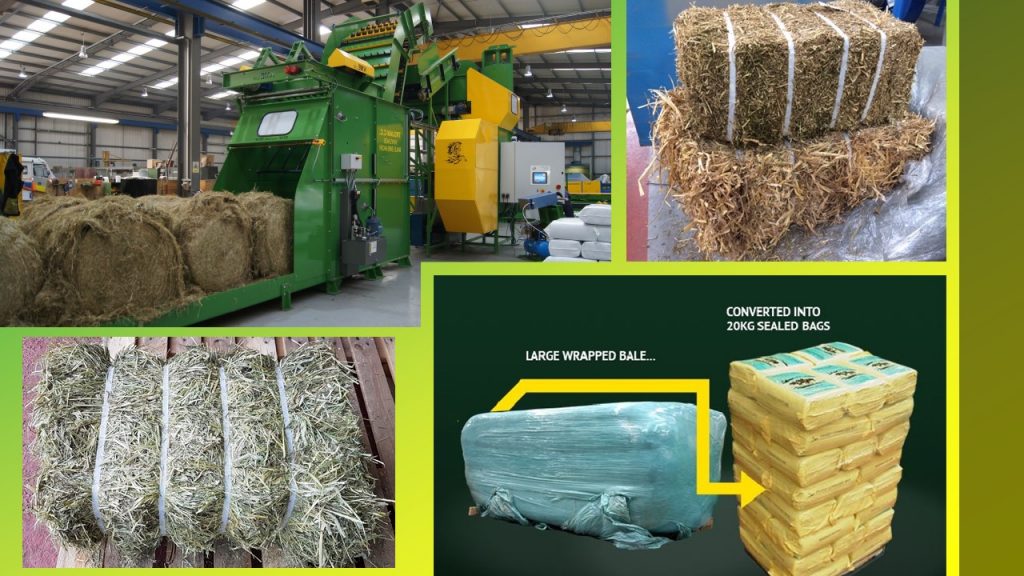
The off-season presents an ideal time to undertake this task, utilizing sheltered spaces to reprocess the forage with minimal staffing requirements. This not only streamlines the workflow but also maximizes the use of resources during periods of lower agricultural activity. Furthermore, the rebaling process does not significantly alter the chemical composition of the forage, preserving its quality and nutritional value.
When it comes to the machinery involved, there are numerous options available that can be adapted to work with existing farm equipment. However, systems like those offered by Ken Mills Engineering Ltd (KME) represent a significant advancement in rebaling technology. KME’s machinery is designed to process haylage, hay, and straw products with minimal human intervention, thereby reducing labor costs and improving productivity without compromising the quality of the product. Their fully automatic form fill and seal haylage rebaling system exemplifies the integration of industry-leading technology with practical farming needs.
The benefits of using such advanced systems are manifold. They reduce labor costs, as they can be operated by a single person, and increase income potential by enabling the production of large bales in the field quickly to beat inclement weather, with the option to rebale at a more convenient time. Additionally, the ability to brand the bags increases the reach of the product, and the convenient 20kg packs are ideal for horse owners who may have limited storage space or no machinery.
In summary, rebaling is a strategic move that can lead to increased marketability and profit. It offers flexibility in managing forage resources and aligns with sustainable farming practices by optimizing labor and equipment usage. With the right machinery, such as the systems provided by KME, farmers can transform their forage management into a more profitable and efficient operation. The integration of such technology underscores the evolution of agricultural practices towards greater automation and precision, ensuring that quality is maintained while enhancing the economic viability of the farming enterprise.
